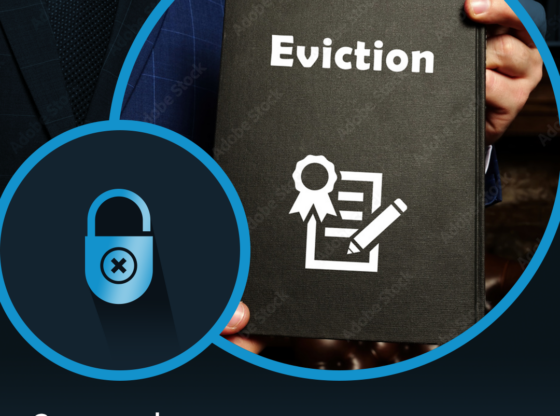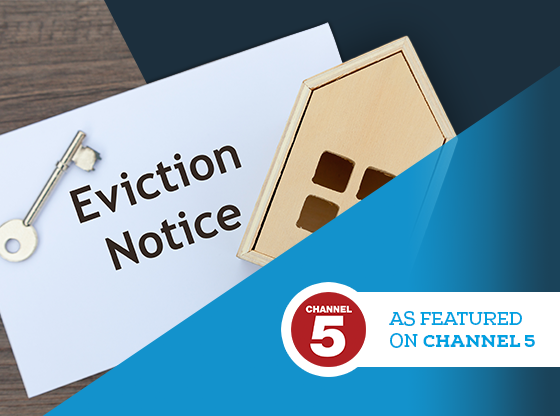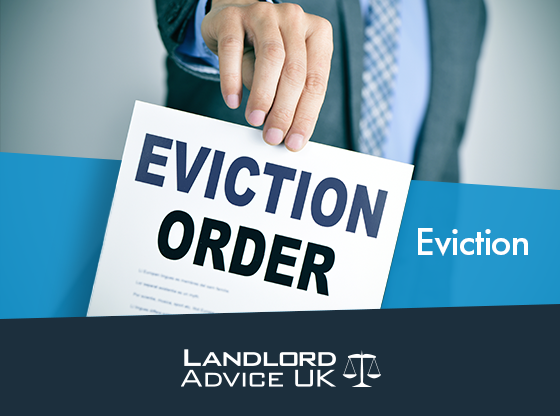The Housing and Planning Act 2016 has brought a lot for landlords and others in the property industry to consider which we have written about previously; this post focuses on the regulations that may be imposed under Part 5 of the Housing and Planning Act 2016 (“the Act”).
Under Part 5 of the Act regulations may come into force requiring landlords of residential premises to carry out electrical safety testing. Although landlords already must keep in repair the supply of gas, water and electricity under s.11 of the Landlord and Tenant Act 1985 the regulations to be imposed under the Act are to widen the scope of these requirements in relation to electricity.
The New Requirements
(a) the installations in the premises for the supply of electricity, or
(b) electrical fixtures, fittings or appliances provided by the landlord.
From 1 July 2020 private landlords have the following additional obligations:
- arrange for a qualified person to carry out an electrical safety check before the tenancy commences
- ensure that the electrical safety standards are met throughout the tenancy
- carry out electrical safety checks at regular intervals
- retain a copy of the report until the next test is due and supply it to the person carrying out the next check and to tenants, including prospective tenants
The electrical safety report is known as the Electrical Installation Condition Report (EICR).
Sections 122 and 123 of the Housing and Planning Act 2016 give the Secretary of State for Housing, Communities and Local Government powers to make regulations to ensure that properties let by private landlords meet electrical safety standards and to enforce compliance.
The Electrical Safety Standards in the Private Rented Sector (England) Regulations 2020 SI 2020/312 came into force on 1 June 2020.
Non-compliance
A local authority must take action if it has reasonable grounds to suspect that the landlord has not complied with the requirements to ensure electrical safety or carry out the necessary checks. The level of the authority’s involvement depends on the seriousness of the breach.
Where the authority is satisfied beyond reasonable doubt that a landlord is in breach of their duties in relation to electrical safety, it may impose a fine of up to £30,000.
Mr Sasha Charles of Landlord Advice UK said, prior to the enforcement to the new electrical safety standards:
A recent government consultation in December 2016 relating to banning order offences under the Planning Act 2016 confirmed that the standards of private rented accommodation had risen substantially over the past decade and that 82% of renters were satisfied with their accommodation. Yet, further regulations for landlords to comply relating to condition of let premises continue to be imposed increasing landlords overheads thus slowly increasing rents, which contravenes Parliaments concerns about the prices of private rented accommodation. That’s not to say tenants should not be safe in the property they rent and landlords having a degree of responsibility to ensure their tenants are safe is only rational.










